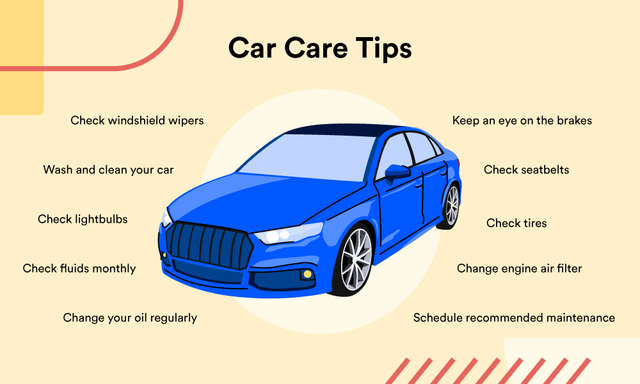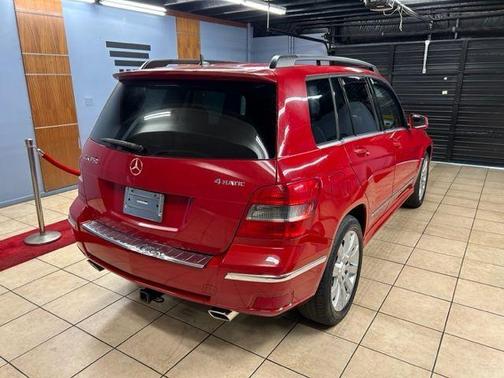How to Value My Car Accurately in Today’s Market
Knowing the true worth of your vehicle is essential, whether you’re selling, trading in, refinancing, or simply curious. The phrase “value my car” is more than a search query it’s a practical step that puts you in control of your vehicle decisions. In today’s dynamic automotive market, factors like mileage, condition, location, demand, and vehicle history all play a role in determining your car’s fair market value. Whether you drive a brand-new SUV or an aging sedan, accurate car valuation can help you make smarter choices and avoid undervaluing your asset.
Where Can I Value My Car Instantly Online?
The fastest way to find your car’s worth is through online valuation tools. Websites like Kelley Blue Book, Edmunds, Carvana, and CarMax offer real-time estimates based on current sales data, model details, and your ZIP code. These platforms compare millions of transactions to give you a ballpark figure for both private sale and trade-in value. Simply enter your car’s year, make, model, mileage, and condition, and you’ll receive a valuation within seconds. Many services also let you schedule appraisals or cash offers on the spot.
What Factors Affect My Car’s Value the Most?
The valuation of your car hinges on more than just brand and mileage. Market demand, accident history, color, service records, and even seasonality play major roles. For instance, SUVs often command higher prices in winter, while convertibles tend to rise in spring. Features like leather seats, backup cameras, and infotainment systems can boost value, while missing keys, dents, or poor tire tread can bring it down. Being realistic and honest about your car’s condition is key when using automated valuation platforms.
Private Sale vs. Trade-In: What’s the Better Value?
If you want to get the most cash for your car, selling it privately often nets a higher price than a trade-in. However, private sales require time, listings, communication with buyers, and handling paperwork. Trade-ins are faster and more convenient, especially when buying a new car, but dealerships usually offer lower values to make room for profit. When valuing your car, compare both routes side by side to understand the price difference and decide which works best for your situation.
How Often Should I Recheck My Car’s Value?
The automotive market is volatile values can change monthly based on inflation, gas prices, new model releases, and used car shortages. If you’re not selling immediately, it’s still smart to check your vehicle’s value quarterly, especially if you’re considering refinancing or need insurance coverage adjustments. Frequent valuation checks can also help you decide the right time to sell, trade, or upgrade based on peak value points.
Can Upgrades or Repairs Increase My Car’s Value?
In some cases, yes—minor improvements like new tires, a clean interior, or fixed cosmetic damage can add resale value. However, major upgrades like aftermarket stereo systems or custom paint jobs rarely boost trade-in offers and may even lower appeal for traditional buyers. When entering your car’s details into an online valuation tool, ensure any upgrades or repairs are disclosed accurately so the estimated price reflects your investment realistically.
FAQs
How do I get the most accurate value for my car? Use multiple online valuation tools and compare prices. Then, consider an in-person appraisal.
Does mileage really affect car value that much? Yes. Lower mileage often equals higher value especially if under the 100,000-mile mark.
Will accident history lower my car’s value? Typically, yes. A clean Carfax or AutoCheck report boosts buyer confidence and price.
Can I value my leased car? Absolutely. It’s especially helpful if you’re considering a buyout or lease-end trade.
How much does condition matter in pricing? A lot. Excellent condition cars may command thousands more than fair condition ones.


